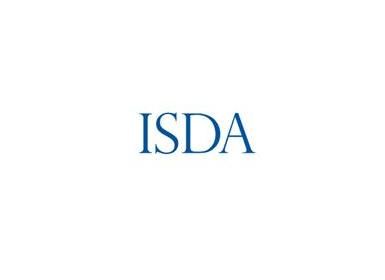A group of 11 industry associations have lent their support to a set of principles developed by ISDA for improving the consistency of regulatory reporting standards in the US$630trn over-the-counter swaps market.
The principles, published by ISDA in February, call for the adoption of consistent reporting standards across borders.
The current fragmented approach has delivered incomplete and inconsistent data that means regulators still lack a true picture of risk across jurisdictions.
Mandatory reporting of OTC derivatives trades was a key requirement of the G20 agreement signed by global leaders in Pittsburgh as part of efforts to eliminate systemic risk.
But almost six years on, industry participants have become frustrated with the lack of global harmony.
While poor data quality reduces the value of the information for regulators and limits their ability to fulfil their responsibilities, significant differences in requirements have also increased the cost and complexity for firms that are reporting in multiple jurisdictions.
“We believe that global progress toward these principles will benefit regulators through greater consistency in the content and format of the data being reported. Market participants will benefit from greater specificity and harmonization in the reporting across multiple regimes,” the associations noted in a letter to global regulators.
Trades are reported into regulated repositories that first went live in 2011, attracting voluntary reporting. The obligation got under way in the US from December 2012 and followed in Europe in March 2014.
Improving data quality is a key focus of the Financial Stability Board, chaired by Bank of England governor Mark Carney. At a meeting of G20 finance ministers in April, Carney expressed concern surrounding the slow progress in global implementation of reporting standards, he noted that regulators must work harder to agree standards, increase data sharing and remove legal barriers to reporting counterparty identities – a significant issue in some jurisdictions such as Luxembourg and Switzerland due to privacy laws.
The issue is also up for discussion in the forthcoming review of the European Markets Infrastructure Regulation.
ISDA’s recommendations include harmonisation on reporting within and across borders, improved quality and consistency of trade and entity identifier codes and the development of a data dictionary that defines and clarifies trade and reference data for each reporting field.
The associations signing the letter are: the Australian Financial Market Association, the Alternative Investment Management Association, the British Bankers’ Association, the German Investment Funds Association, the European Fund and Asset Management Association, the Futures Industry Association, the Global Foreign Exchange Division of the Global Financial Markets Association, ISDA, the Managed Funds Association, the Securities Industry and Financial Markets Association and its Asset Management Group, and the Investment Association.
